Inflammation can feel like an uninvited guest that overstays its welcome, draining your energy and clouding your days with discomfort. But nature offers powerful allies in your daily cup. Imagine soothing warmth, vibrant colors swirling, and earthy aromas rising as you sip teas that not only comfort but actively fight inflammation in your body. From ancient traditions to modern research, certain teas stand out for their potent anti-inflammatory properties, helping you ease joint stiffness, support heart health, and reduce chronic pain naturally. Ready to swap endless pills for a comforting ritual? These 7 powerful teas could transform your wellness.
1. Green Tea: Nature’s Antioxidant Powerhouse
The humble green tea leaf transforms into a mighty inflammation fighter once steeped. Loaded with catechins—especially EGCG—this ancient beverage actively reduces inflammatory markers throughout your body while supporting heart and brain health.
Many doctors recommend drinking 2-3 cups daily for maximum benefit. The gentle caffeine content provides energy without the jitters of coffee, making it perfect for morning or midday consumption.
Research shows green tea’s compounds help neutralize harmful free radicals that contribute to chronic inflammation. For best results, brew for 2-3 minutes in water just below boiling to preserve its delicate healing properties.
2. Turmeric Tea: The Golden Healer
Ancient wisdom meets modern science in this vibrant golden brew. Turmeric’s active compound, curcumin, works wonders on joint pain and stiffness by blocking inflammatory pathways in your body.
Adding black pepper significantly boosts curcumin absorption—many people notice improvement in joint mobility after regular consumption. The earthy, slightly bitter flavor pairs beautifully with honey or lemon for a more pleasant drinking experience.
Healthcare providers often suggest turmeric tea as a natural complement to conventional treatments for inflammatory conditions. Try a warm cup before bed to help your body repair while you sleep and wake with less stiffness.
3. Ginger Tea: Spicy Relief For Aching Muscles
Sharp, aromatic ginger tea delivers natural relief through its potent gingerol compounds. Athletes swear by this spicy brew for reducing post-workout soreness and speeding recovery time.
Fresh ginger works best—simply slice a few pieces into hot water and let steep for 5-10 minutes. The warming sensation you feel while drinking actually reflects increased circulation, helping your body flush out inflammatory compounds more efficiently.
Beyond muscle comfort, ginger tea calms digestive inflammation too. Many gastroenterologists recommend it for stomach discomfort and nausea. For maximum potency, prepare with freshly grated ginger rather than dried forms.
4. Chamomile Tea: Gentle Stress-Fighting Elixir
Those tiny dried flowers create a surprisingly powerful anti-inflammatory effect. Chamomile contains apigenin, which binds to specific receptors in your brain that decrease anxiety and initiate sleep—both critical for reducing stress-related inflammation.
Gastroenterologists frequently recommend chamomile for irritable bowel and other digestive inflammations. Its gentle action soothes the digestive tract without harsh side effects. Evening is the perfect time for this mild, apple-scented brew.
Research suggests that consistent nightly consumption helps lower inflammatory markers over time. For enhanced benefits, cover your cup while steeping to preserve the volatile oils that contain much of chamomile’s healing properties.
5. Holy Basil Tea: The Stress-Busting Adaptogen
Known as Tulsi in traditional medicine, holy basil isn’t your ordinary kitchen herb. This remarkable plant contains eugenol and other compounds that actually help your body adapt to stress rather than just masking symptoms.
Immunologists note that holy basil tea strengthens your body’s response to physical stressors while calming the mind. The connection between stress and inflammation makes this dual-action especially valuable for modern lifestyles.
Holy basil’s slightly spicy, clove-like flavor becomes sweeter with longer steeping. Regular drinkers report improved energy and clearer thinking alongside reduced inflammatory symptoms. Consider replacing your afternoon coffee with this revitalizing alternative for better sleep and less inflammation.
6. Peppermint Tea: Cool Relief For Hot Inflammation
Headache sufferers rejoice! Peppermint tea’s natural menthol creates a cooling sensation that relaxes tense muscles and eases pain. The immediate relief you feel isn’t just symptomatic—menthol actually helps reduce the inflammatory response.
Respiratory specialists recommend peppermint tea for congestion and irritated airways. The steam carries beneficial compounds directly to inflamed tissues while you sip. Beyond headaches and breathing, this refreshing brew calms an upset stomach by relaxing digestive muscles.
Growing your own peppermint ensures the highest menthol content—just harvest leaves before flowering for maximum potency. Even the aroma provides therapeutic benefits, making this a multi-sensory healing experience.
7. Hibiscus Tea: Ruby Red Heart Protector
Cardiologists have taken special notice of this crimson brew. Hibiscus flowers contain powerful anthocyanins that help lower blood pressure while fighting oxidative stress throughout your cardiovascular system.
The tart, cranberry-like flavor comes from natural acids that help stabilize cell membranes against inflammatory damage. Many people enjoy this refreshing tea cold during summer months—the compounds remain effective regardless of temperature.
Studies show that regular hibiscus tea drinkers experience measurable reductions in inflammatory markers within weeks. For heart health, aim for 2-3 cups daily. The deep red color signals its potent antioxidant content—generally, deeper colored foods and beverages contain more protective compounds.
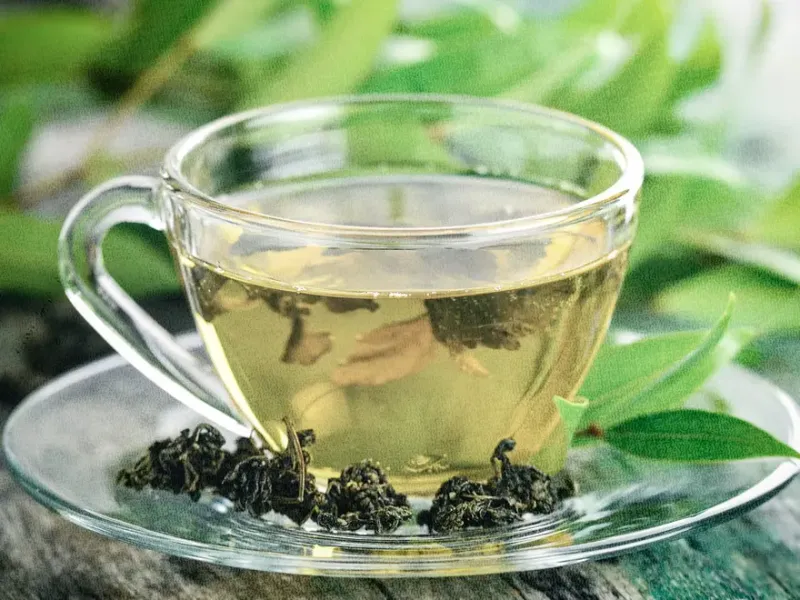
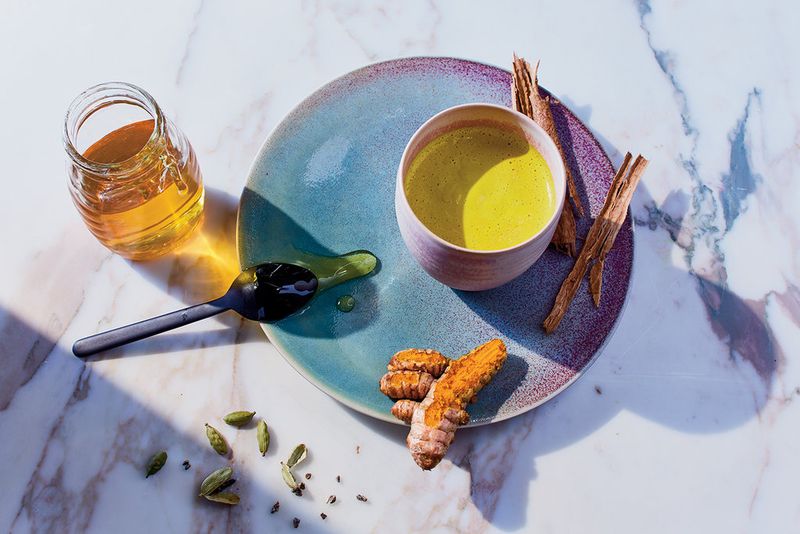
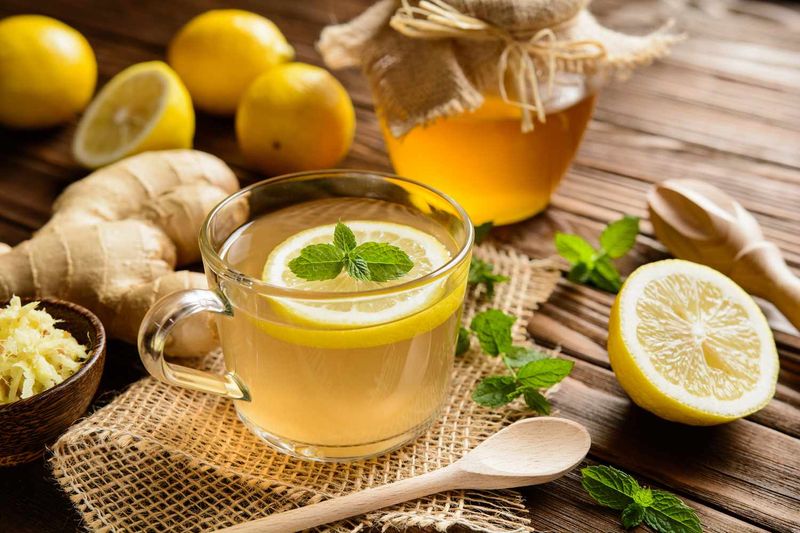
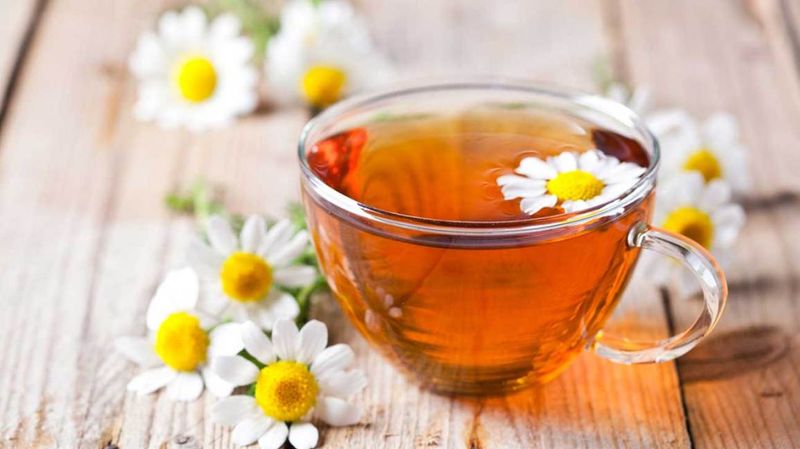
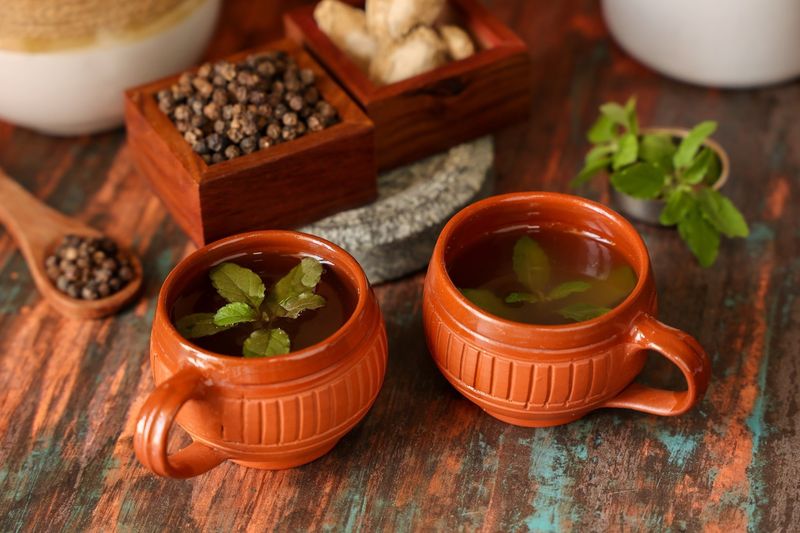
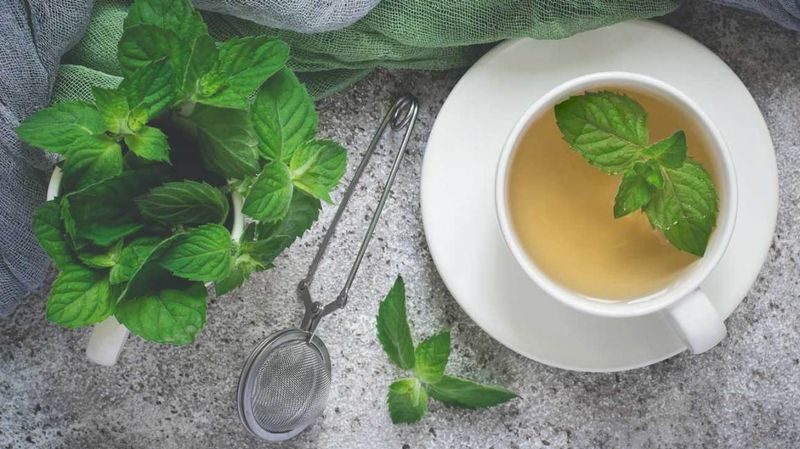
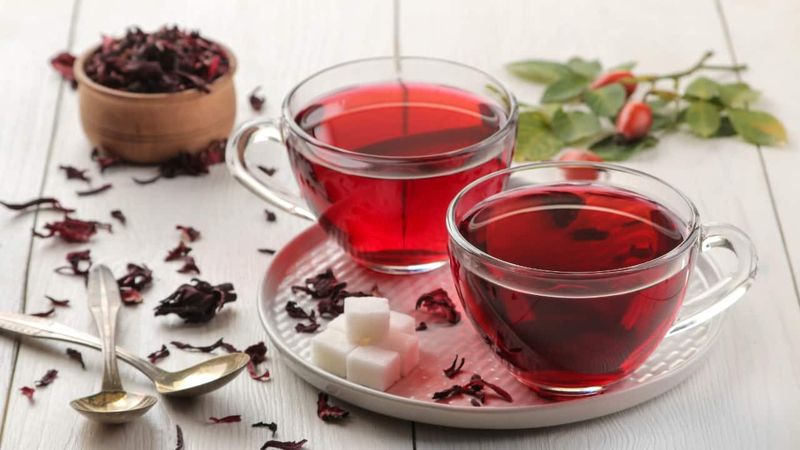
Leave a comment